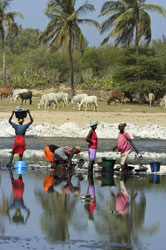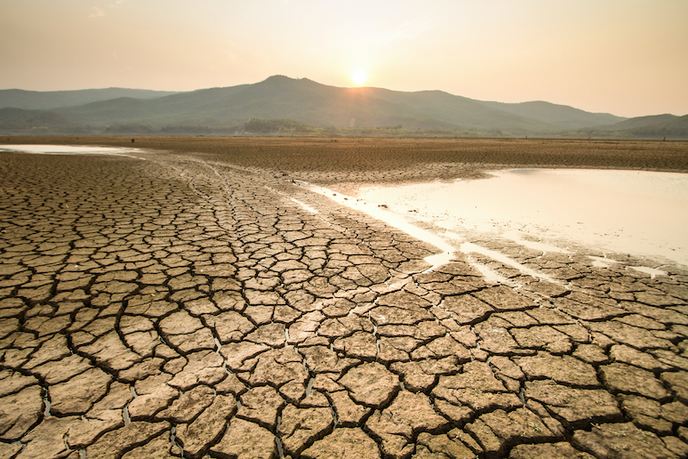Promoting sustainable management of Lake Victoria
The transboundary waters of the African Great Lakes are nearly all shared by two or more African states. In support of the policy objectives formulated in the "Millennium Development Goals", the ECOTOOLS research project examined two multi-use wetland ecosystems near Lake Victoria. This region is under pressure to provide fundamental resources, contribute to alleviating poverty and to provide key services. The project outcomes are directed largely at East African decision makers to allow them to understand the links between water, poverty and sustainable development and to help them to promote more integrated policy actions. Researchers focused on determining the role of the wetland and inshore waters on the Lake Victoria basin ecosystem. To do this, they tested methodologies for the study of material fluxes that enter and are released from the ecosystem. The project was made up of partner research institutions with extensive experience in ecosystem research and sustainable management. The research generated information that formed the basis for the development of databases used to analyse and model the lake's productivity. These databases included satellite based geographical water quality information and data on how the wetland impacts on water quality properties. They also developed new methods for the study of inshore water quality and of spatial and temporal trends in the water quality. As well as examining the quality of the receiving water body, the researchers created and tested methodologies for the study of material fluxes that enter and are released from the ecosystem. In particular they considered nutrient retention of disturbed wetlands, carbon dynamics and evapotranspiration studies.







